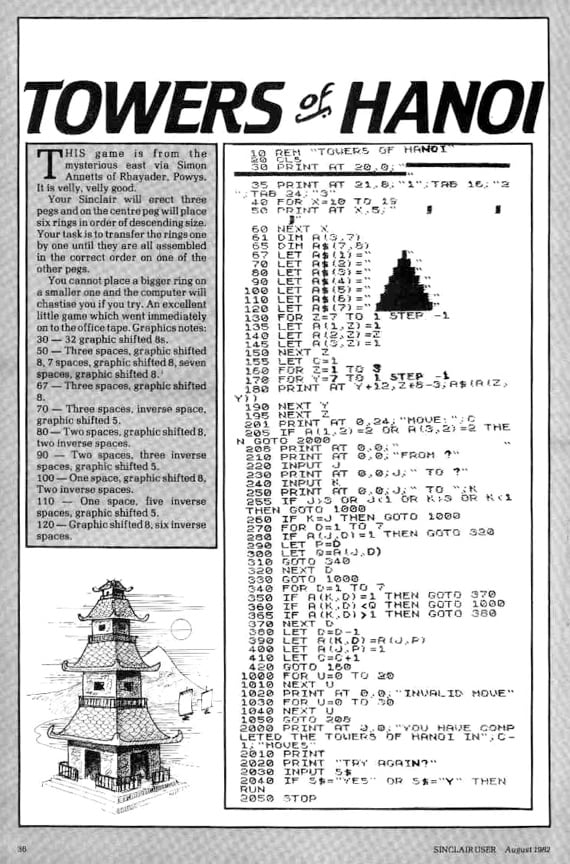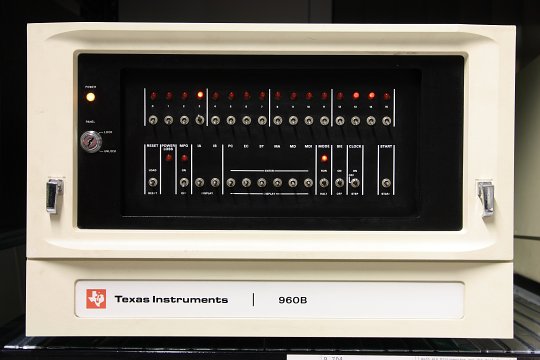The first game I coded was a stack of punch-cards that implemented a lunar lander simulation (with physics help from my science teacher) -- it ran in 2k under BASIC on an HP 1000-E with an ASR-33 terminal.
The first game I played was Spacewar on a DEC PDP-1 with the round cathode-ray display. That was a few years before I discovered my high school had the HP.
My first "real" game with graphics was a 2 person tank war game I wrote on our Ohio Scientific Challenger, which had an extended graphics set including tank icons. It was quite popular for a while, until the Apple II came along.
When I was in college we had a PDP-11 running BRL V6/7 UNIX which was actually on ARPAnet. Someone gave me a tape of a decompiled assembler listing of Peter Langston's EMPIRE game, which I re-coded into C. That turned out to be a good career move for me, as it happened for a while that being a good C programmer was pretty lucrative. That was 1982, and I was the "mjr" on the internet.
The first game I played was Spacewar on a DEC PDP-1 with the round cathode-ray display. That was a few years before I discovered my high school had the HP.
My first "real" game with graphics was a 2 person tank war game I wrote on our Ohio Scientific Challenger, which had an extended graphics set including tank icons. It was quite popular for a while, until the Apple II came along.
When I was in college we had a PDP-11 running BRL V6/7 UNIX which was actually on ARPAnet. Someone gave me a tape of a decompiled assembler listing of Peter Langston's EMPIRE game, which I re-coded into C. That turned out to be a good career move for me, as it happened for a while that being a good C programmer was pretty lucrative. That was 1982, and I was the "mjr" on the internet.
Last edited:


